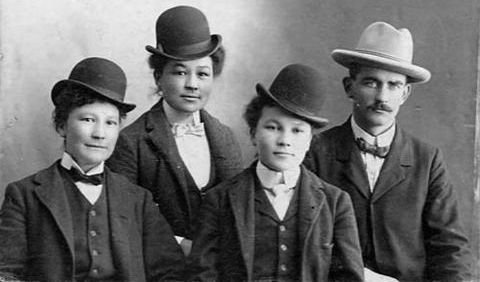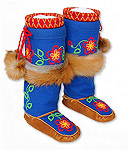 As a child I was performativly the "perfect person". I had white blond hair, a few curls - but not too many, blue eyes and white skin. I was perfect. I was valued for that and I knew it. People gave me things, took me places, let me do things that I knew were the result of how I looked and nothing else. I was stopped so that people could pet my hair or take my picture. I was not given a chance to say no to these interactions. I was an object for the appreciation of others. I needed to be a "good girl" and was dressed in ways that supported that. My body was for the enjoyment of others and they would give me stuff for that.
As a child I was performativly the "perfect person". I had white blond hair, a few curls - but not too many, blue eyes and white skin. I was perfect. I was valued for that and I knew it. People gave me things, took me places, let me do things that I knew were the result of how I looked and nothing else. I was stopped so that people could pet my hair or take my picture. I was not given a chance to say no to these interactions. I was an object for the appreciation of others. I needed to be a "good girl" and was dressed in ways that supported that. My body was for the enjoyment of others and they would give me stuff for that.The reality of my status as object became very clear as I became older, my hair darkened and I was not as pale skinned. As a teenager begining to push out against the bounds of how I was supposed to dress, as I cut my hair and my body changed I lost that perfectness and the privalage that went with that. (Not to say I was not still very privalaged as a cis het white woman.)
As an adult, that experience really made it clear to me how fickle that outside appearance is and yet how much it really impacts how we live our lives and affects how people are responding to us.
I think you see this too in the piece I came accross in the Native Appropriations blog where she was part of a piece on the NRP about the feeling indians might have upon entering higher education. This is a great piece and I will speak to it in another post. This article had a picture and apparently she did not look "Indian" enought to be able to speak to the issues that were raised. In her blog she responds to this issue quite eloquently. How we look, and a lot of that is out of our control, is being judged and disected by those around us and we are doing the same thing to others. Kim Anderson in her book "A Recognition of Being" addresses this issue of being "indian" enough and describes it as being another kind of assimilationist practice, to make native people dissapear so that natives no longer exist and.....the indian problem is solved. She speaks to the inciduousness of this, as it is protective liberals who are policing these self identifications.
I had a conversation with a collegue who on my mentioning that I have learning disabilities told me "not to limit myself" and you know what, I do have limits. That doesn't mean I can't "dream big" and "succeed" but his telling me not to have limits didn't do nothing to make them go away and really was trying to take away my space to share my reality as a person with disabilities.
Don't let anyone make you dissapear. Don't let them shut down the conversation. Your reality, your voice is important. Not to say that we don't benefit from listning to wise people who can see us in ways we cannot, but if the conversation is about stealing your space, as an indian, a woman, or a anything, don't trust them.



























